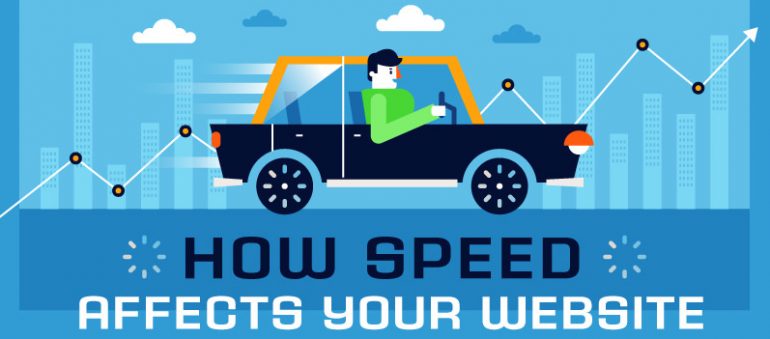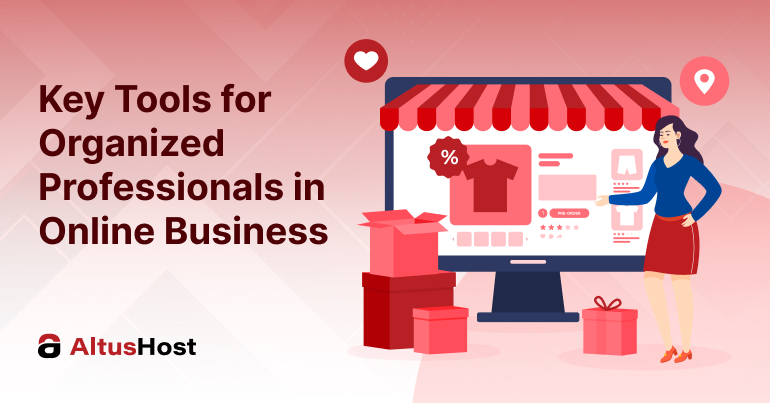Speed is essential.
In the wild wild web terms, the rabbit almost always beats the turtle.
Website load time statistics from numerous studies clearly show that if the average page load time exceeds 3 seconds, the abandonment rates go up. High bounce rates are sending info to search engines that visitors don’t find the website useful, which, of course, affects the ranking directly.
And if that wasn’t enough, the numbers clearly show that shoppers avoid returning to e-commerce sites with performance issues.
The marketing truism that there is no negative publicity doesn’t coincide with the digital reality of social media and interconnectivity. Nearly half of the users share negative experiences with their peers, spreading the word of heavy, unresponsive sites faster than said web pages load.
As the Hitchhiker’s Guide to the Galaxy points out:
“Nothing travels faster than the speed of light with the possible exception of bad news, which obeys its own special laws.”
But how precious is a single second online exactly?
– A website page that loads in 6 seconds have a 106% higher bounce rate probability compared to a page with a load time of 1 sec
– For web pages with a page load time of 10 seconds the bounce rate probability increases by 123%
– 39% of online visitors abandon a site if the images don’t load quickly
– 74% of mobile internet users leave a site that doesn’t load within 5 seconds
These are a few stats from the impacts of speed on website performance graphic which make it pretty clear that speed matters and slow loading speed equals to high bounce rate.
Internet users, both desktop and mobile ones, are not willing to waste time waiting for a site to open, even if it’s a high-quality one.
But why you should care about bounce rate?
For the record, bounce rate shows what percentage of your total site visitors leave your site without opening any other page than the one they land on.
High bounce rate is not good for your online business for many reasons, which we’ll discuss shortly. First, it is important that we underline one important fact: the term ‘high bounce rate’ can be deceptive at times.
This is because there’s no one fixed benchmark for all sites. A high bounce rate in one business niche might be perfectly acceptable in another.
That said, if your site’s bounce rate is higher than the average bounce rate in your business niche, you’ve got a problem in your hands.
High Bounce Rate is Not Good For Your Business
A high bounce rate, as you may guess, means a large portion of your website visitors are spending too little time on your site. This, in turn, implies you’ll have fewer opportunities to engage your visitors.
After all, if visitors are abandoning your site quickly, how can you have a valuable conversation with them?
If you are a blogger, an increased bounce rate signifies that fewer people are actually reading your post, and perhaps even fewer are sharing them on social networking sites.
On the other hand, if you’re an owner of an e-store, a high bounce rate can mean fewer new customers. In addition to that, you may also have to live with fewer repeat customers because reports show that 79% of online shoppers are less inclined to shop again at a site whose performance is not up to the mark.
To make the matter worse, your loss is likely to prove to be your competitors’ gain. According to a survey, 43% of internet buyers will take their business to a competitor if their shopping experience was below par.
To sum it up, a high bounce rate can badly hurt your online business and you need to keep it below the average mark for your niche.
To do so, you might need some tweaks to improve your website technical performance, especially the loading speed and A/B tests on your website designs, especially the homepage to make the website content consumable.
Tips To Decrease Bounce Rate
The first and the most important of all tweaks to improve your loading speed is to find if your host has better response rates to serve your website resource on to clients browsers in time. If GTmetrix and Google page speed insights are showing that your website is loading slower than the global average, you might want to consider changing your host.
For the other half, you need to keep your page size below 1 MB, compress images, minify CSS, minify HTML, use a CDN, use responsive images, reduce redirects and so on. Here is a detailed guide on how to optimize all the above factors to speed up your website.
To learn more about the impact of slow speed on bounce rate and the latter’s on an online business, check out this fact-packed infographic.





One thought on “How Speed Really Affects Your Website?”